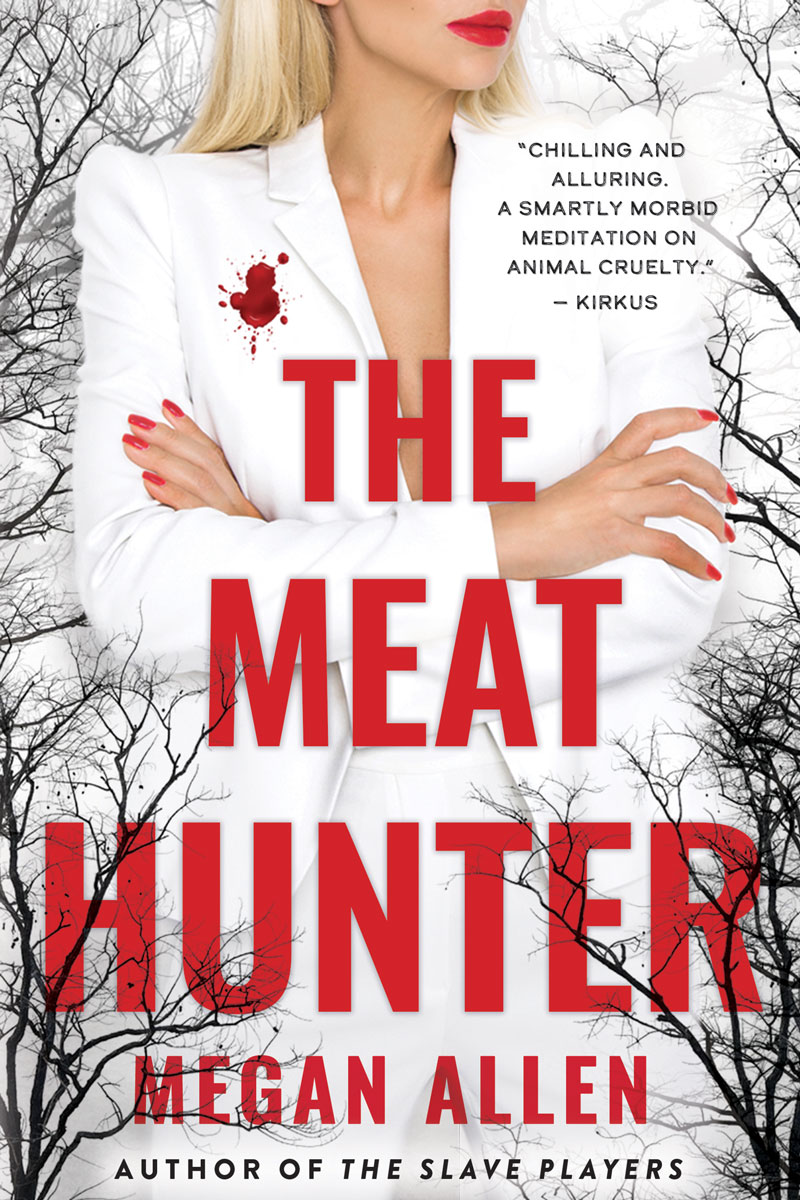You’ve Finished Writing a Book – Now What?
The first step is to congratulate yourself, writing a novel is no easy feat! Pat yourself on the back, pop a bottle of champagne and do a victory dance. However, finishing the book is not the final step – there is still work to be done.
Burn House Publishing is one of many book publishing companies that does not accept manuscripts directly from authors. In fact, common practice in the industry is that most publishers require the initial contact to be through a literary agency.
While there are other ways to publish your novel (such as self-publication), authors find the most success growing their readership through the traditional system. In order to get your book in the hands of a traditional publishing company, you’ll need to have an agent representing you.
The question remains: How do I find a literary agent? There is a simple, time-tested, and widely accepted method of reaching out to literary agents and that is through the art of the query letter. A query letter is the first step to being able to get your manuscript published.
How to Write a Query Letter
In order to woo an agent, you’ll have to use your linguistic skills to write a letter powerful enough to convince them that your book is worth representation. The query essentially details everything the agent needs to know about your book: your writing style, the plot, the main characters, and you as a writer.
Burn House Publishing wants to help writers become published authors, so we’ve come up with a quick list of things to keep in mind when pitching your manuscript to potential agents.
Fonts and Formatting
There is a preferred format to stick close by in writing the ideal letter. The first thing to keep in mind is that this is a formal business letter. That means using 12pt Courier or Times New Roman font, single-spaced paragraphs (unless requested otherwise), keeping the query under a page in length, and using formal language. While unique writing is a must, unique formatting is a sign to agents that you may not have written a query letter before.
Address the Agent by Name
All successful query letters begin with a greeting to the specific agent you are writing to. It shows that you’ve done your research! While keeping it brief, including a few facts about the agent (such as their preferred genres or previous publications) is another great way to show you know exactly who you’re talking to. While it can be tempting to write a simple query that can apply to any agent, those sorts of copy-and-pasted letters are obvious to seasoned agents.
Focus on Your Opening Line
You have about five seconds after the agent opens your email to catch their attention. That being said, don’t go far off track in the first paragraph. It’s important to stay on subject, but stand out in positive ways. Having whip-smart wordsmithing and a playful authorial tone are two things you can do to pop in a sea of letters. Open with a hook about the setting, character, tone, theme, or a twist in your book.
Tell The Agent Why You Chose Them
Sending the same letter to every agent is a quick way to get a load of pre-formatted rejection letters in return. It’s important to tell the agent that you are sending them a query because of their specific skills. For instance, if they specialize in thrillers and you’ve written a thriller, it’s important to mention that.
Mention Your Social Media Platform
If you have a social media platform with a substantial amount of followers then show it off! Agents are looking for the quickest line to promotion and an author who comes to them with an already established fan base is far more likely to receive consideration. If you don’t already have social media accounts to promote your writing, make them! Don’t be afraid to share pieces of your writing with the world.
Provide Comparable Works
Because you have such a short amount of time for agents to get the gist of your work, it’s a great idea to include other contemporary works that have a similar feel to your own. Be sure to include the title of the piece, as well as the author. Do not dive too deeply into this, however, because it can take the focus away from your own piece.
How NOT to Write a Query Letter
We’ll be the first to admit that finding a balance between sticking out and blending in can be incredibly difficult when writing your first query letter! That being said, there are a few classic first-time mistakes that are often made. Here is a quick list of common mistakes to avoid when pitching to an agent.
Check Your Ego
Agents are incredibly turned off by arrogant statements. Calling yourself the next “insert-bestselling-author’s-name-here” or an “undiscovered talent” will give the wrong impression to the person you’re trying to pitch to. It’s important not to mention that other agents are “missing out” or are “passing on a classic” if they reject your work. Remain humble and promote yourself wisely!
Rhetorical Questions
This is a classic first-time query mistake. Asking something like “Have you ever wondered about life in the Middle Ages?” before describing the setting of your book is a big no. Rhetorical questions are obvious fillers, often used when a writer isn’t confident in their introductory sentences. Rhetorical questions raise eyebrows in all writing, regardless of the form. Avoid them!
Pitching Two Books
If you have two finished manuscripts that you’re dying to get published, it can be tempting to include both in your pitch. If you catch yourself doing that, stop immediately. Pitching more than one project in a single query letter is almost guaranteeing yourself a rejection.
Criticizing Others
If you speak ill of another author, another book, a rival literary agency, or a publishing house, you will raise massive red flags. While writing and publishing may be a competitive business, criticizing others shows your own insecurities. It also tells the agent that you may be difficult to work with.
Messy Formatting or Spelling Errors
Your query letter tells an agent a lot about you. If there are mistakes in your spelling, grammar, or formatting then an agent will doubt you right off the bat. Do not give an agent any reason to pass on you – spell check all your work and pre-format your letter in a word document before sending it via email.
How to Deal with Rejection
Something important to keep in mind is that authors face a lot of rejection in their lives. World-famous authors such as Agatha Christie, J.K. Rowling, and Jack Canfield spent years facing rejection letter after rejection letter. The best way to handle rejection is to move on to the next. Don’t let anything stop you from trying and trying again.
If you face a stream of rejection letters, it may be time to reevaluate your query letter. Sometimes it is not the book that agents don’t like, sometimes it’s just how you pitched it. If you’re finding minimal success, try re-writing your query to fit standard guidelines. That will help you look more professional in your pitch.
Good luck!

Let’s Collaborate
We are always looking for ways to get creative with bloggers, reviewers & beta readers.

Presale Available Now
03.20.2020
“A brilliant juxtaposition between morality and meat. Allen’s charming female-Dexter will seduce you, excite you, terrify and change you.”
— The Novel Reader


